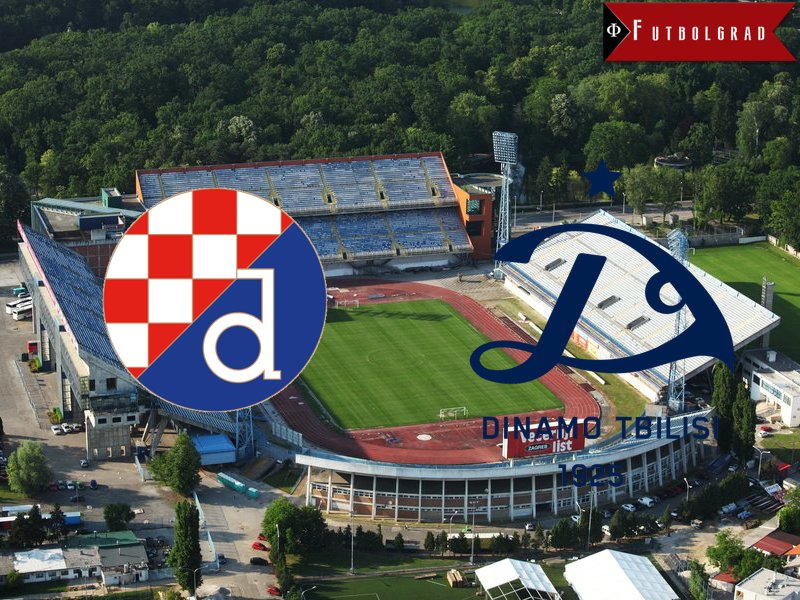Dinamo Zagreb vs Dinamo Tbilisi will see the battle of the two Dinamo clubs in the third round of the UEFA Champions League qualifiers. Both clubs have a long and strong European history, but while Dinamo Zagreb is a steady presence in the group stage, Dinamo Tbilisi has never yet reached the group stage of the competition.
During the time of the Soviet Union, Dinamo Tbilisi was a major club, both domestically and also in European club football. In 1981, Dinamo won the now defunct UEFA Cup Winners’ Cup after a 2-1 victory against the East German club Carl Zeiss Jena.
The club, from the small Republic of Georgia, also managed to win two Soviet championships in 1964 and 1978, and two Soviet Cups in 1976 and 1979, a major feat for a club from one of the smaller Soviet Republics in what, at the time, was one of the most competitive leagues in Europe. Furthermore, the club regularly featured in the later rounds of international competitions.
With the fall of the Soviet Union, however, came both financial instability, and competitive decline. Political instability in Georgia meant that domestic football was struggling in the 1990s and early 2000s. Dinamo Tbilisi only managed to qualify for the group stage of a European competition once, when they took part in the 2004-05 UEFA Cup group stage.
Other than that, the club’s European history is a long list of failed attempts to reach the group stage. In some ways, reaching this stage has become somewhat of an obsession (more on that here), especially as Dinamo’s participation would bring necessary UEFA co-efficient points and television money to Georgian football.
Furthermore, Georgia, a football-mad country, is starving for top class international football—this was especially evident when the German Nationalmannschaft visited the country in the spring of 2015.
In terms of infrastructure, Dinamo Tbilisi would certainly be ready to host the world’s biggest club competition. The Dinamo Arena has seen several refurbishments and, with a capacity of almost 55,000, would be a wonderful Champions League venue.
Also, the Georgian businessman Roman Pipia has made significant investments into the club’s infrastructure—the club’s training facility is, by many accounts, considered one of the best in Europe.
The hope is that manager, Juraj Jarabek, can now deliver the hoped for advance to the group stage by beating Dinamo Zagreb. It will, however, be interesting to see whether the Czech coach will use the same offensive formation against Dinamo Zagreb that he used against the Armenian side Alashkert in the second qualification round.
Against Alashkert, Jarabek played with a 4-2-3-1 formation, but Dinamo Zagreb will likely expect a more defensive approach. The Croatians, however, will have to watch out for 22-year-old Giorgi Kvilitaia, who led the Umaglesi Liga in scoring last year.
Meanwhile, Dinamo Zagreb will want to ensure that they can, once again, reach the group stage of the Champions League. In recent months, Dinamo Zagreb has been hit with various political and corruption scandals involving the club’s leadership (more on that here) that even spilled over to Croatia’s participation at the European Championships in France (more on that here).
Yet, in some ways, Dinamo Zagreb could actually serve as an example for Dinamo Tbilisi. With a population of 3.75 million people, Georgia, has a population base that is close to Croatia’s 4.4 million. Furthermore, Tbilisi and Zagreb are similar sized cities, and yet Dinamo Zagreb has managed to consistently participate in the Champions League, and also has become one the best producers of European top talent.
For Dinamo Tbilisi, therefore, the match against Dinamo Zagreb not only represents an obstacle to the Champions League group stage, but also is a match against a team that regularly shows that small teams from small countries can compete in Europe.




















COMMENTS